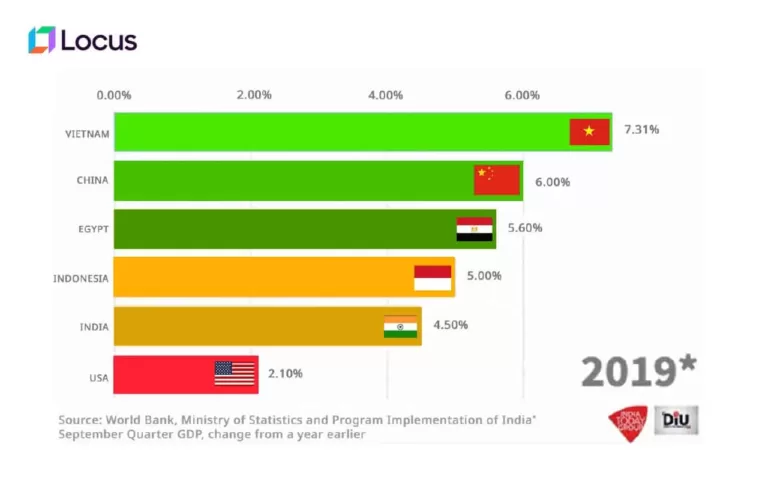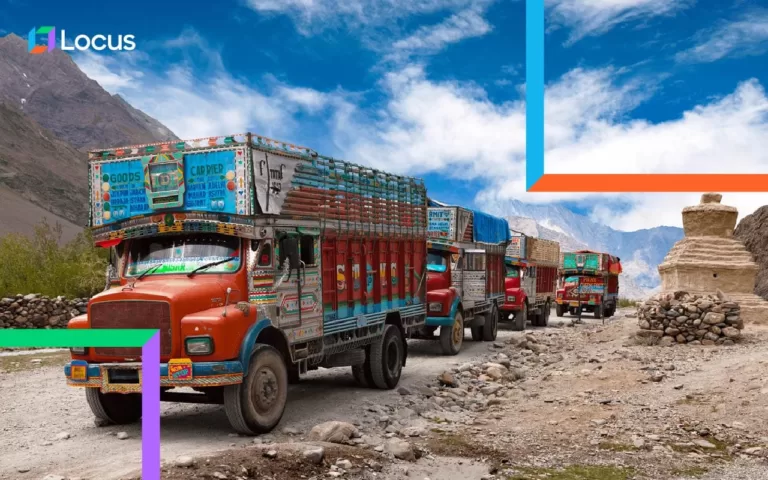News
Indonesian Retailers Must Now Seek a Permit to Sell Online
Dec 20, 2019
2 mins read

Indonesian e-commerce vendors are flustered as the law now requires sellers to seek a permit to sell goods online.
Over the past few years, Indonesia has emerged as one of Southeast Asia’s fastest-growing e-commerce markets. Revenue in the Indonesian eCommerce market amounts to US$18,764 million in 2019 and is expected to grow at an annual rate of 25.8%.
In 2019, almost 93% of Indonesians searched for a product or service online, 86% reported having shopped online, while 76% of these online purchases were made using mobile devices. A number of factors have contributed to this rapid growth of e-commerce in Indonesia.
The country’s dynamic digital ecosystem, availability of low-cost mobile phones and widespread internet penetration among consumers have led to a significant shift in consumers’ preference for online buying and encouraged the establishment of plenty of e-commerce platforms in Indonesia. Shopee, Lazada, Bukalapak, and Tokopedia are some of the leading e-commerce players in Indonesia.
Despite the growing popularity of e-commerce among consumers and sellers, the Indonesian government recently introduced a law requiring all vendors to obtain government permits to sell goods/services online. The law also mandates that online marketplaces store information in local data centers and e-commerce domain names reflect Indonesia.
However, the new law has not been welcomed warmly by Indonesia’s e-commerce players, who believe that the regulation could highly impact the country’s e-commerce landscape and might create barriers for small businesses to expand online. Seeking a mandatory permit would also mean lengthy procedures and fees, indicating a shift of small and medium e-commerce sellers to alternative platforms like Facebook and Instagram, which are not monitored by the law.
Although the regulation is currently facing resistance from online vendors, the Indonesian government officials assured that this regulation is intended to protect the interests of millions of Indonesian consumers and businesses. Indonesia’s exploding e-commerce market clearly needs regulations like this to bring about orderliness, transparency, and stability in the industry’s long-term growth.
Locus works with e-commerce players in Southeast Asia to empower them with AI-driven logistics solutions.
Related Tags:

News
Vietnam Tops the Chart of the World’s Fastest-growing Economies
Vietnam is the fastest growing world economy which surpasses India and China, GDP growth statistics report states. This opens the door for modern logistics.
Read more
E-Commerce
High Logistics Costs Curb Ecommerce Growth in India
The World Bank states that high logistics costs are slowing down the growth of eCommerce in India. Check the primary concerns for e-commerce companies.
Read moreMOST POPULAR
EDITOR’S PICKS
SUBSCRIBE TO OUR NEWSLETTER
Stay up to date with the latest marketing, sales, and service tips and news


Indonesian Retailers Must Now Seek a Permit to Sell Online